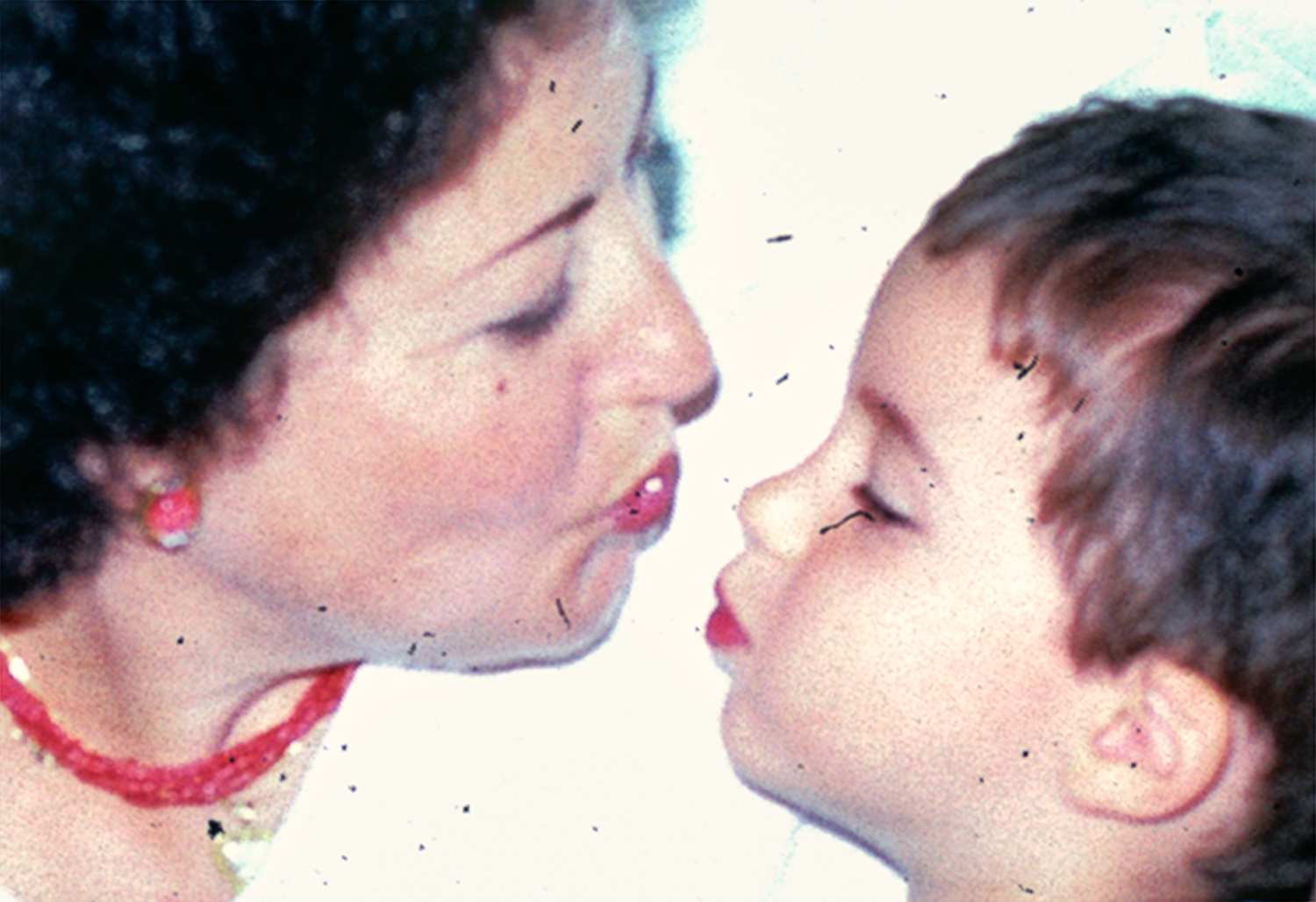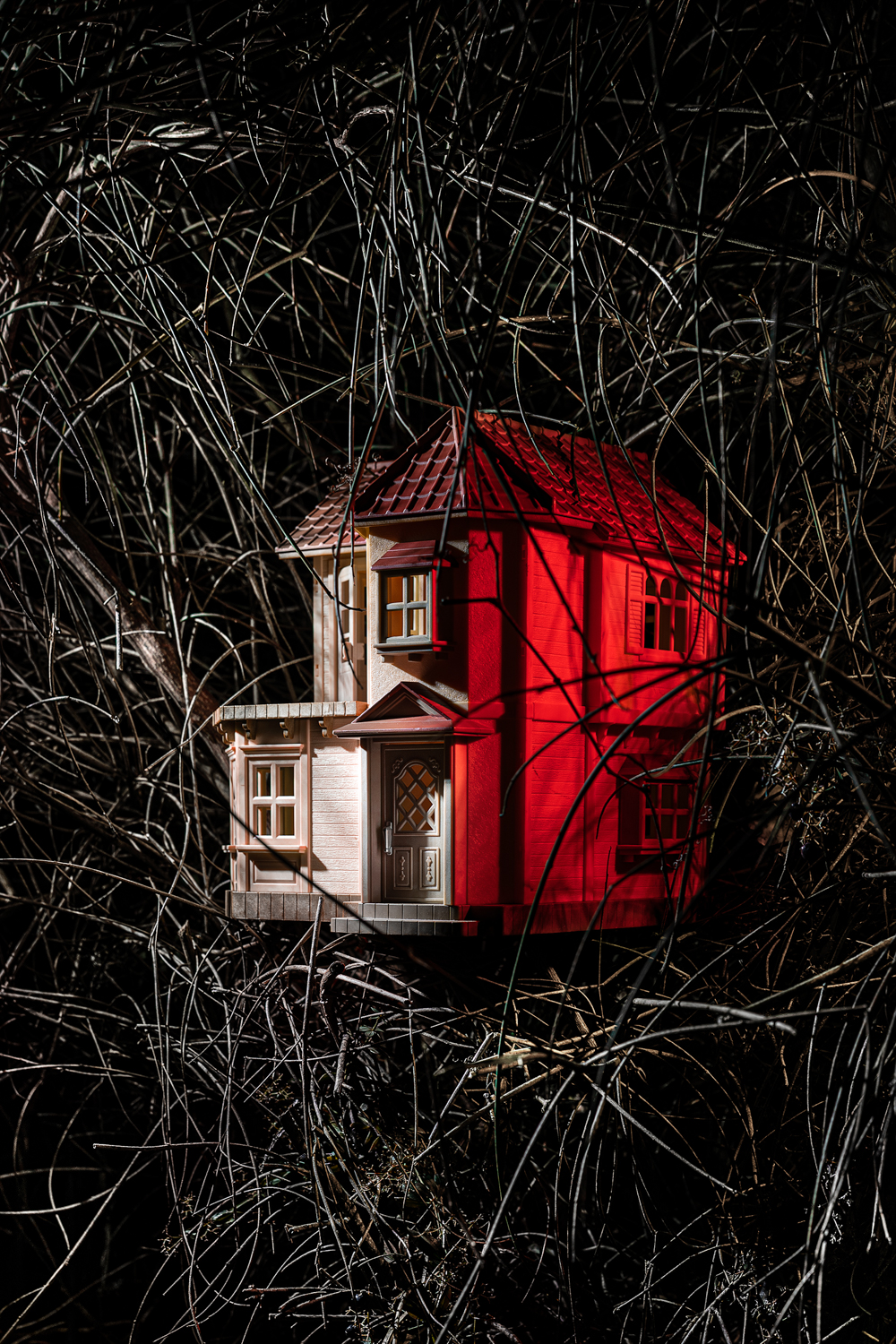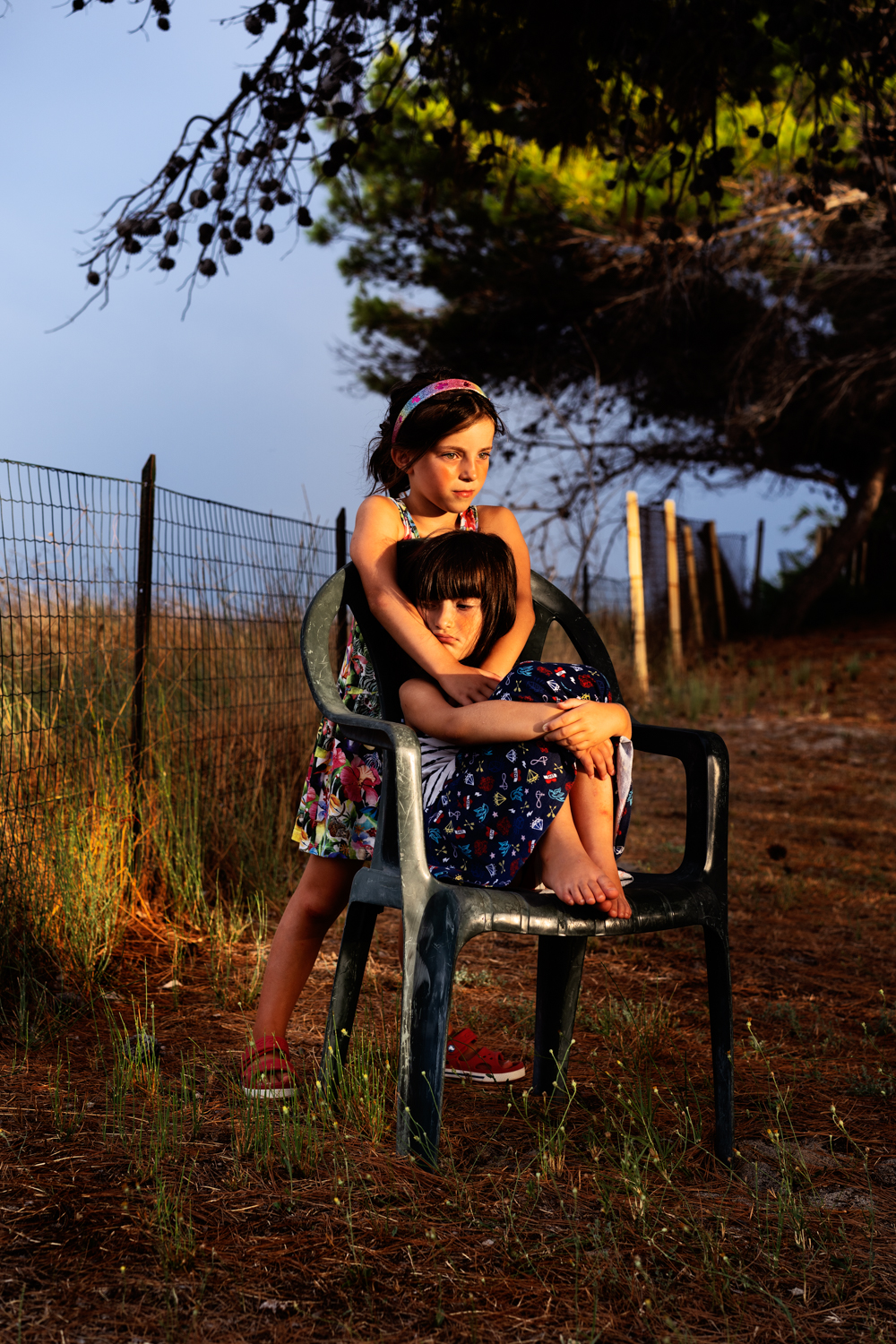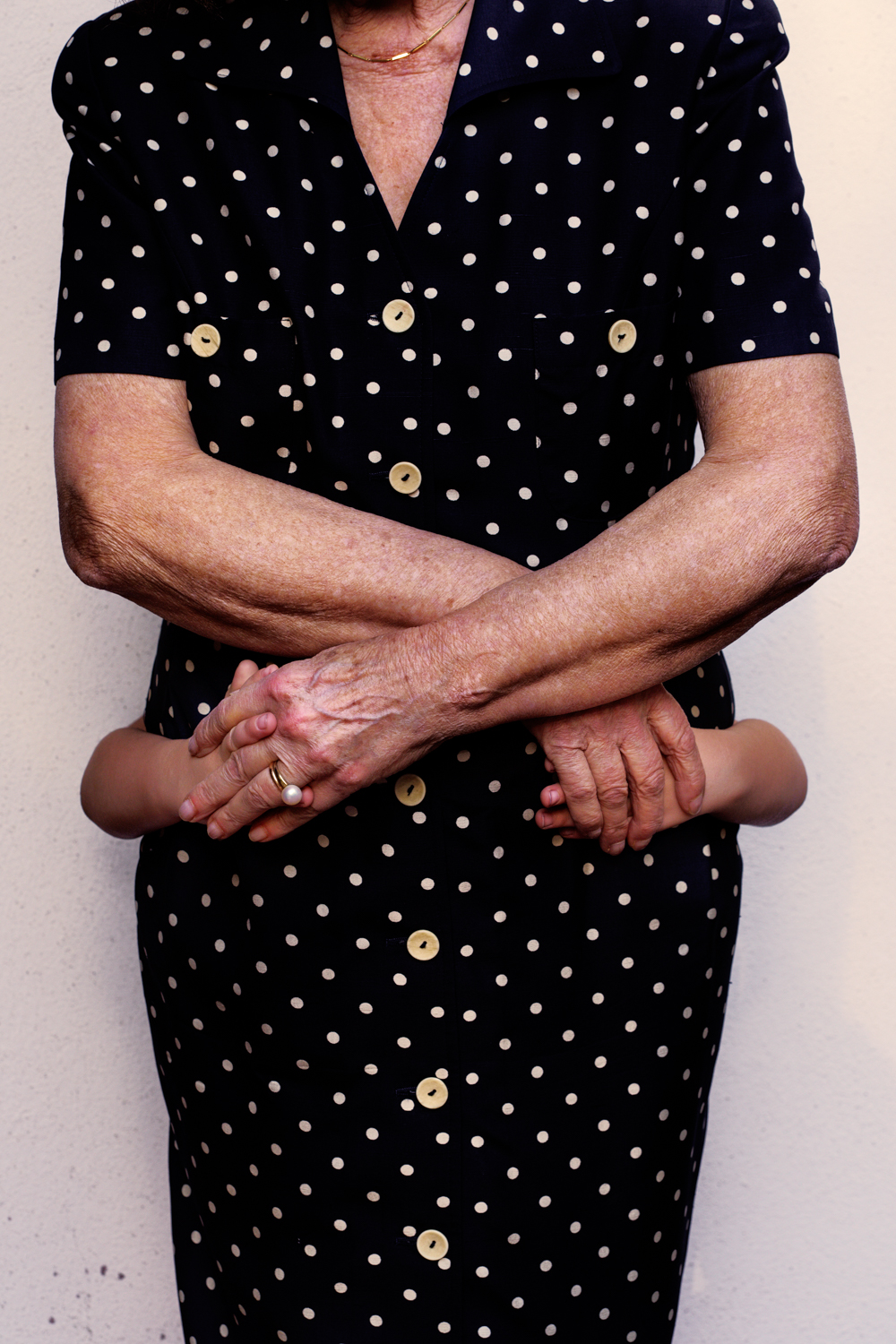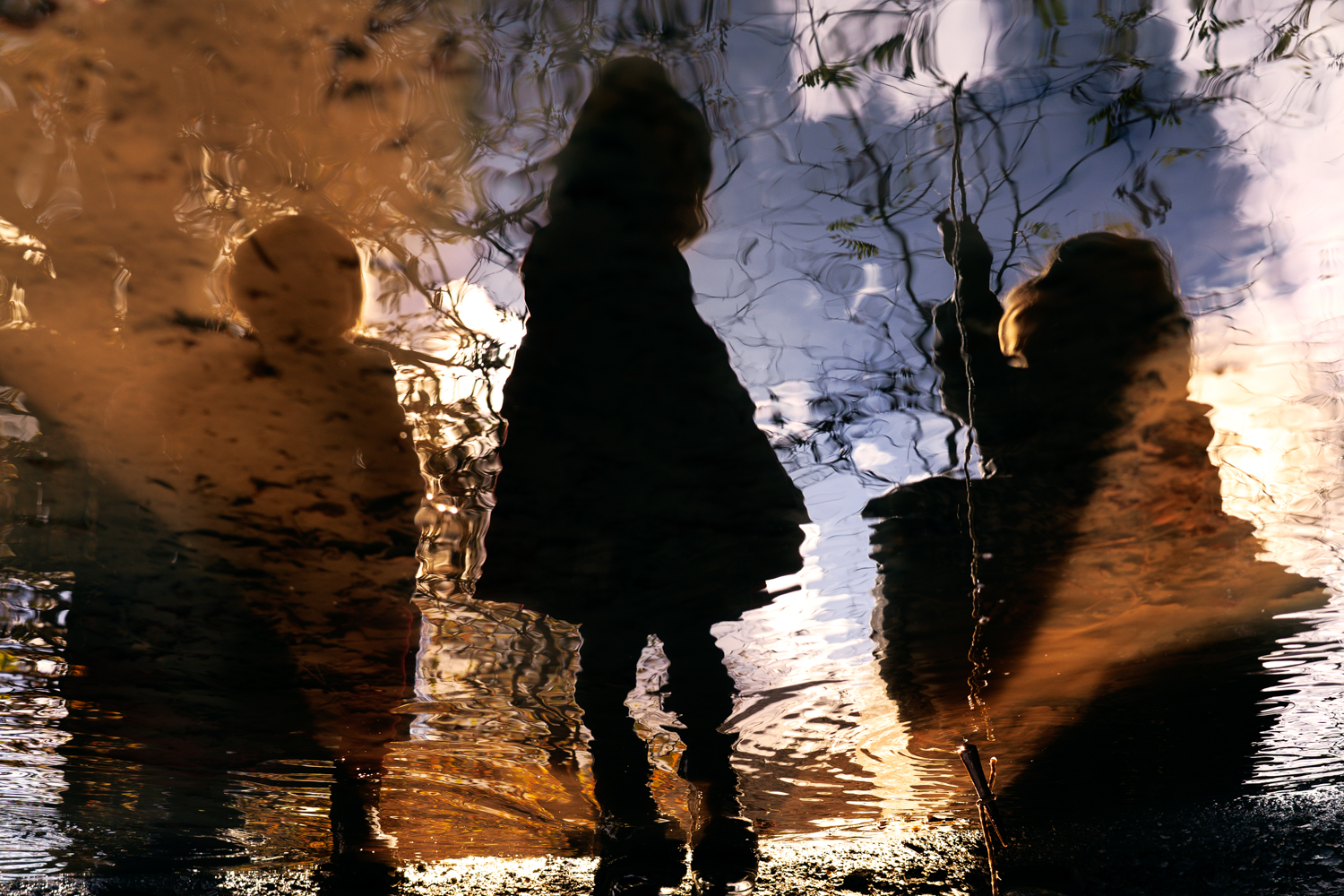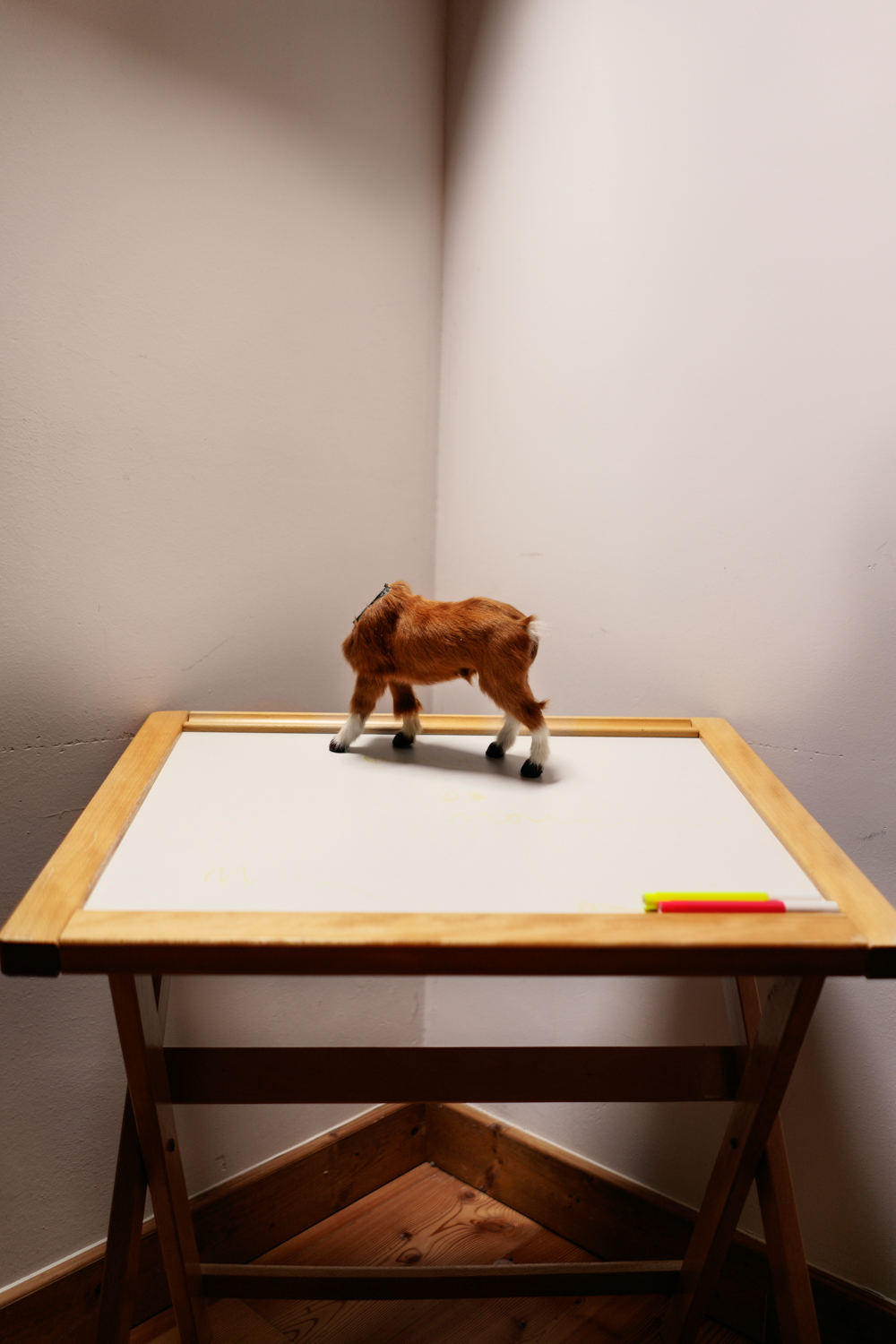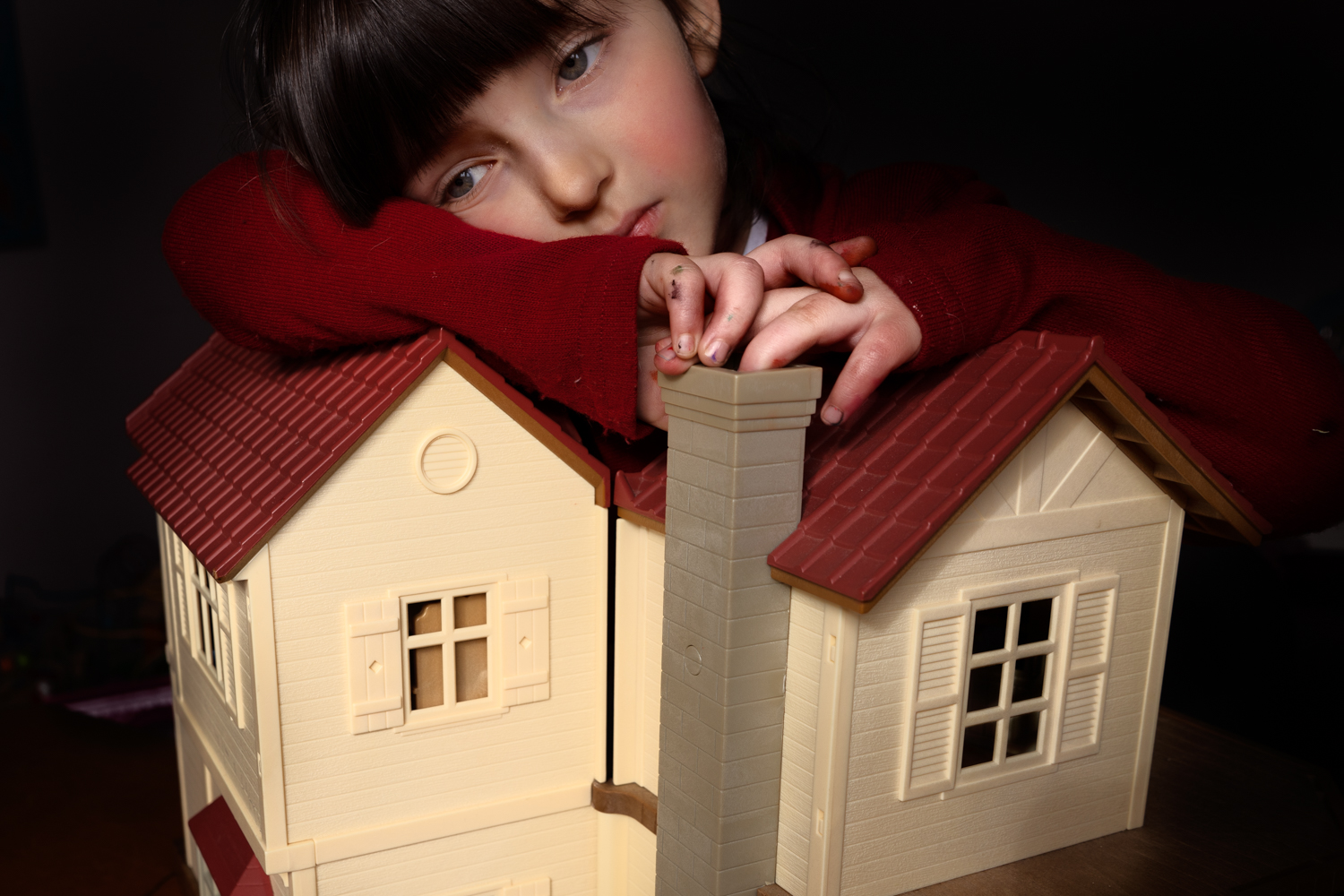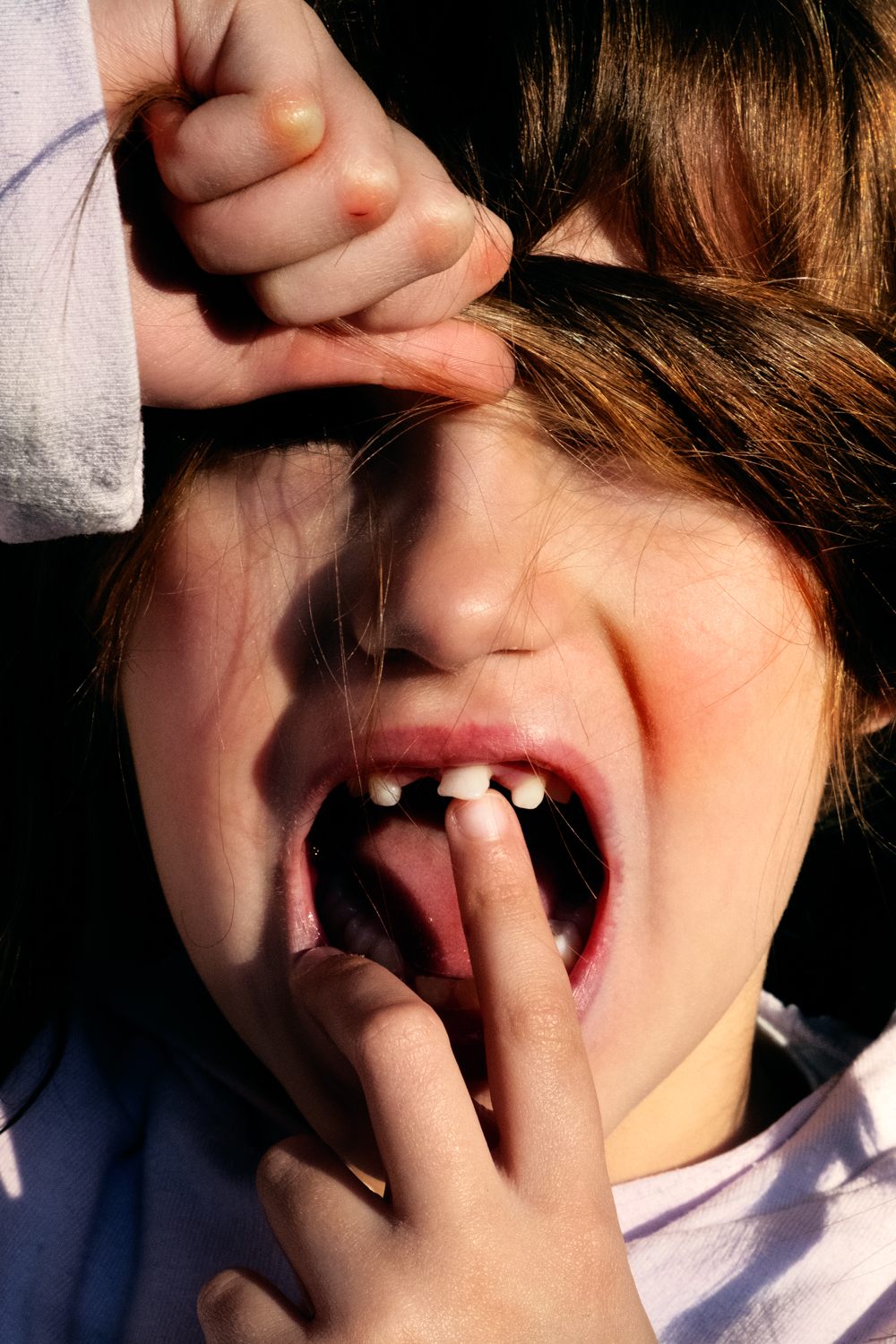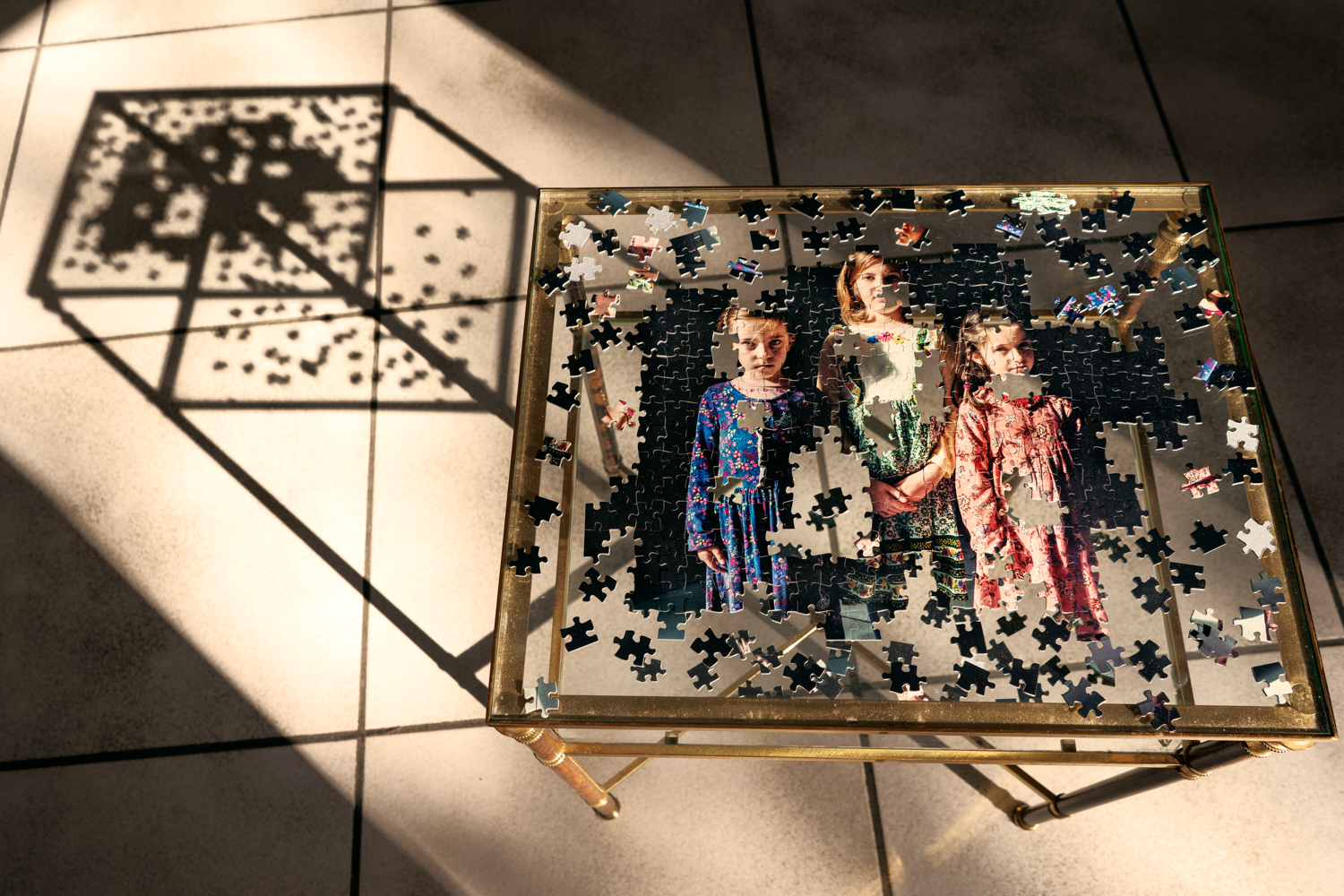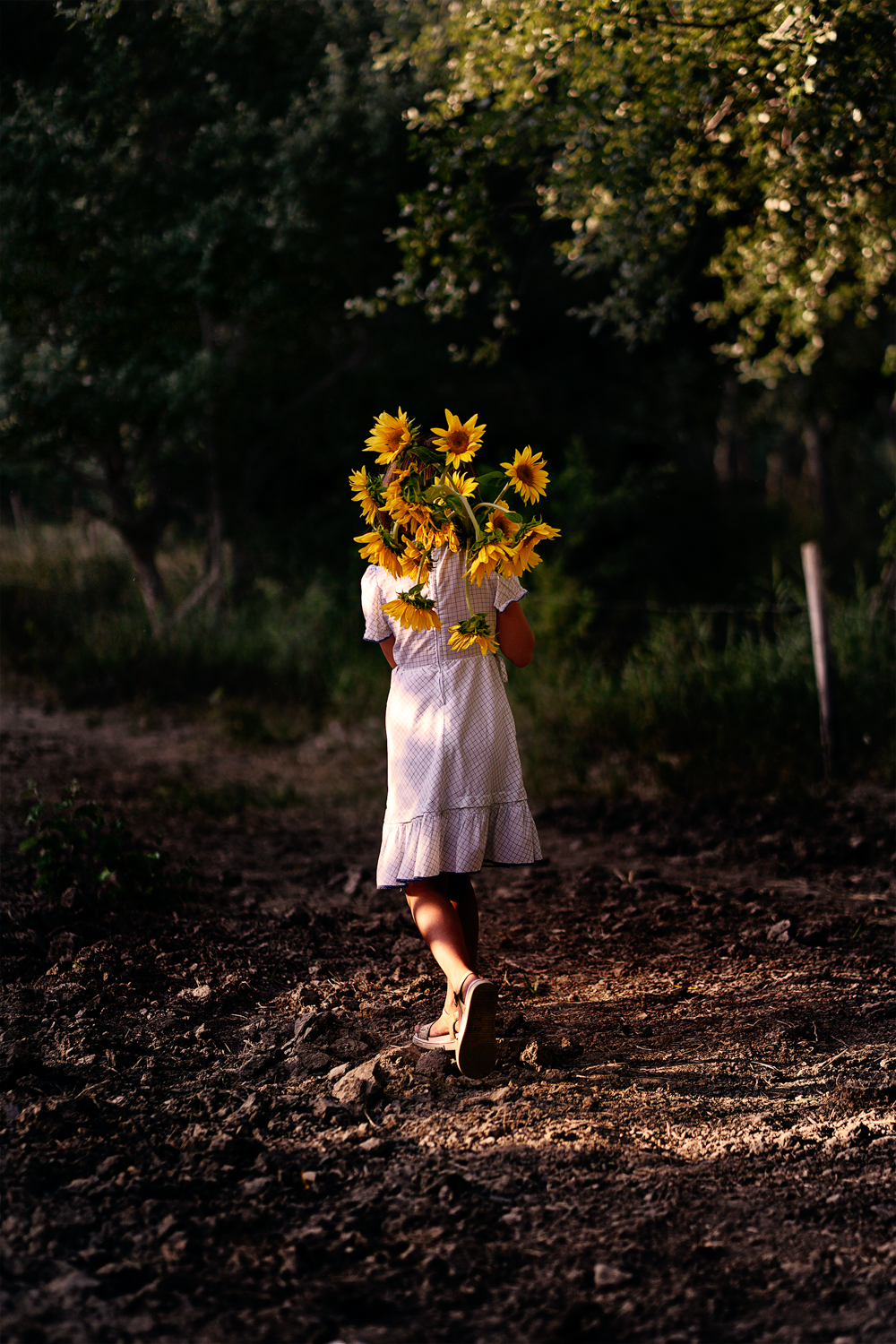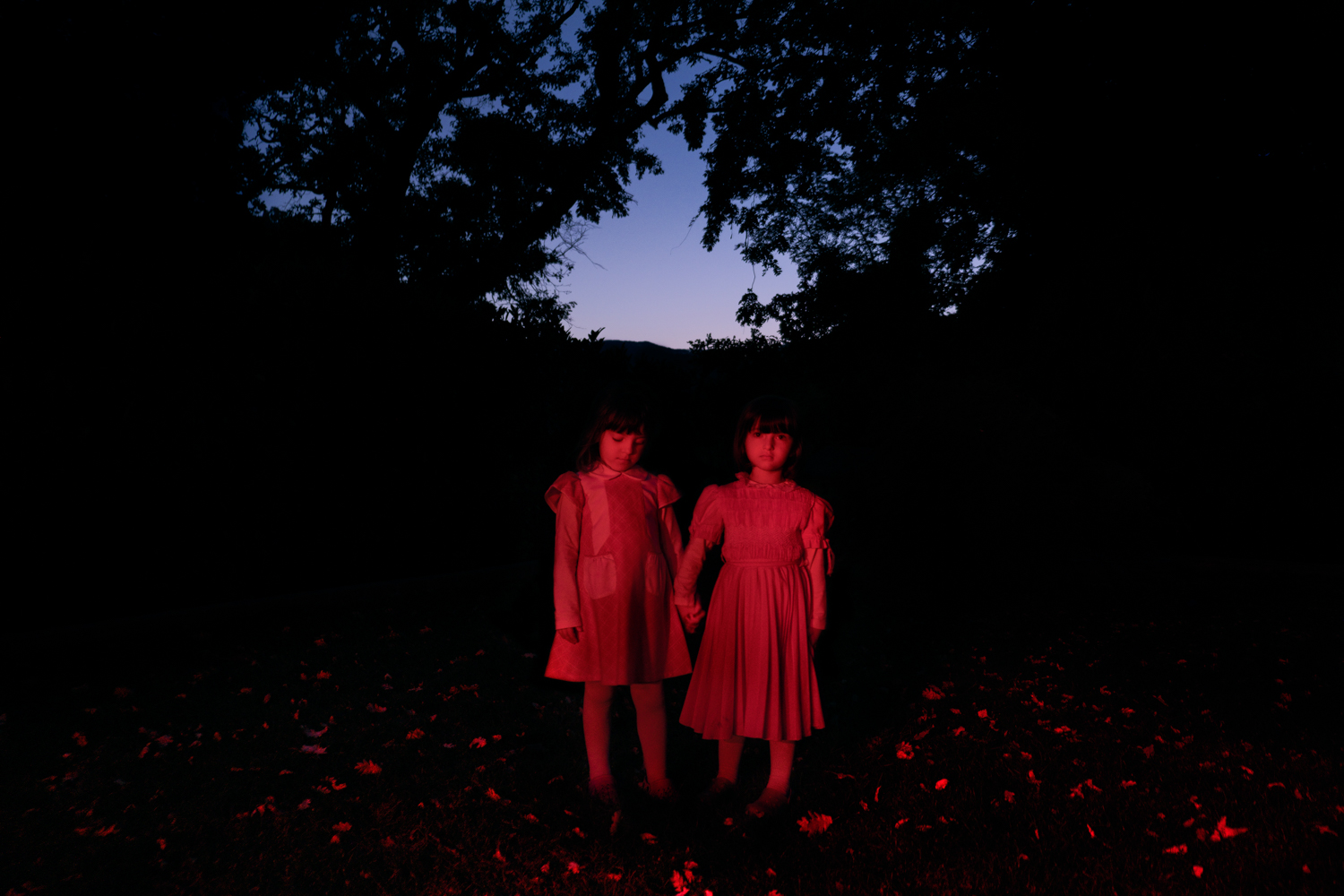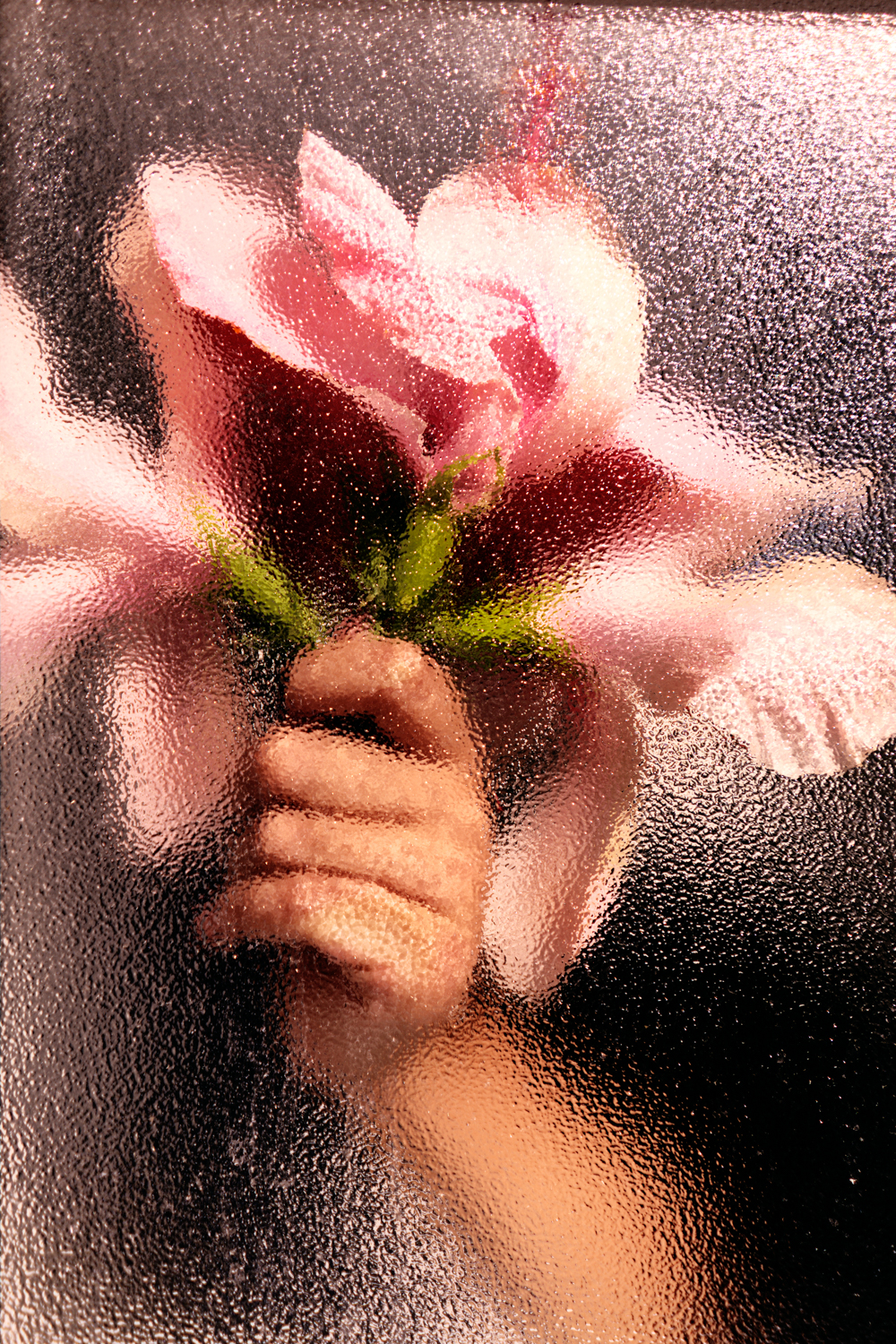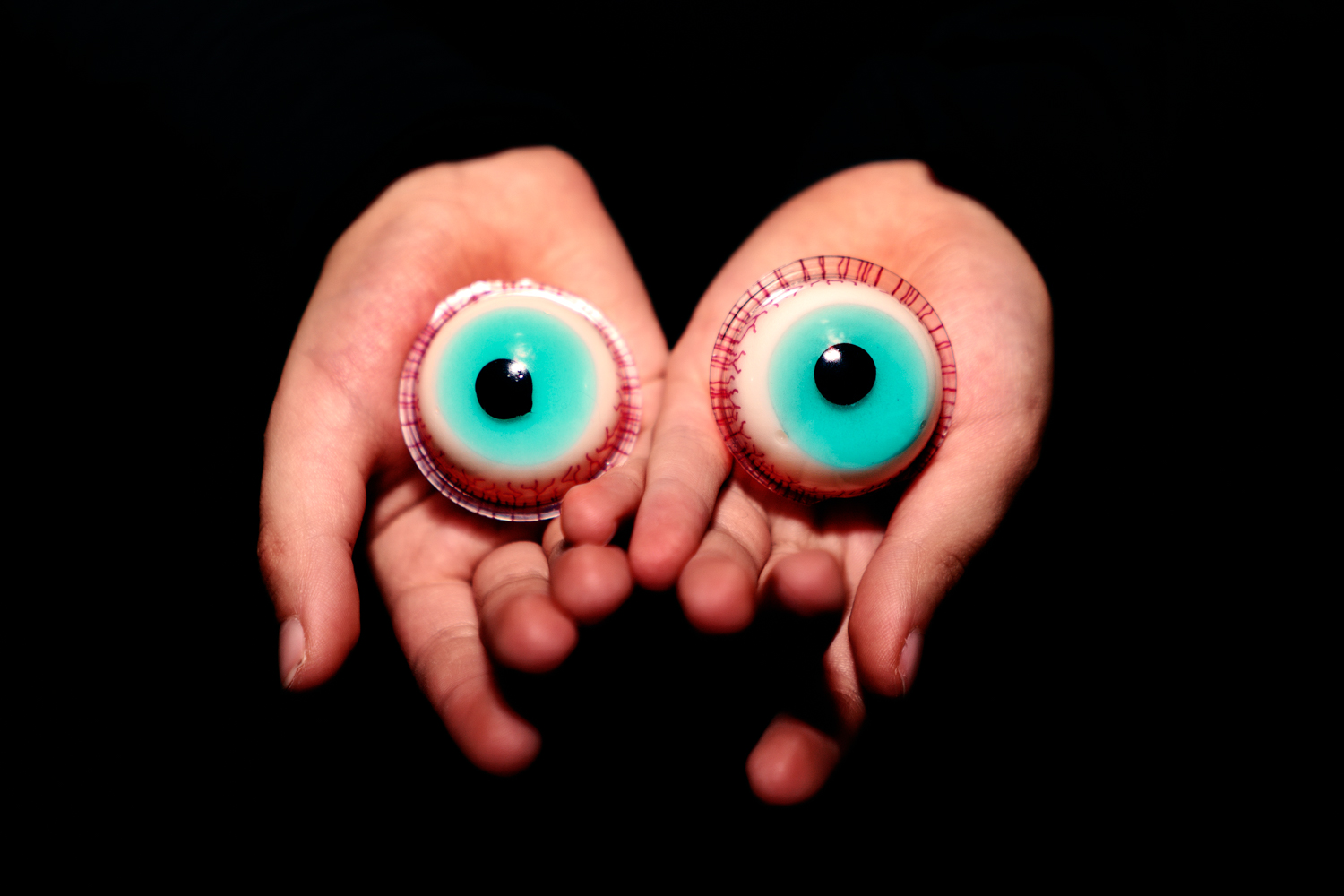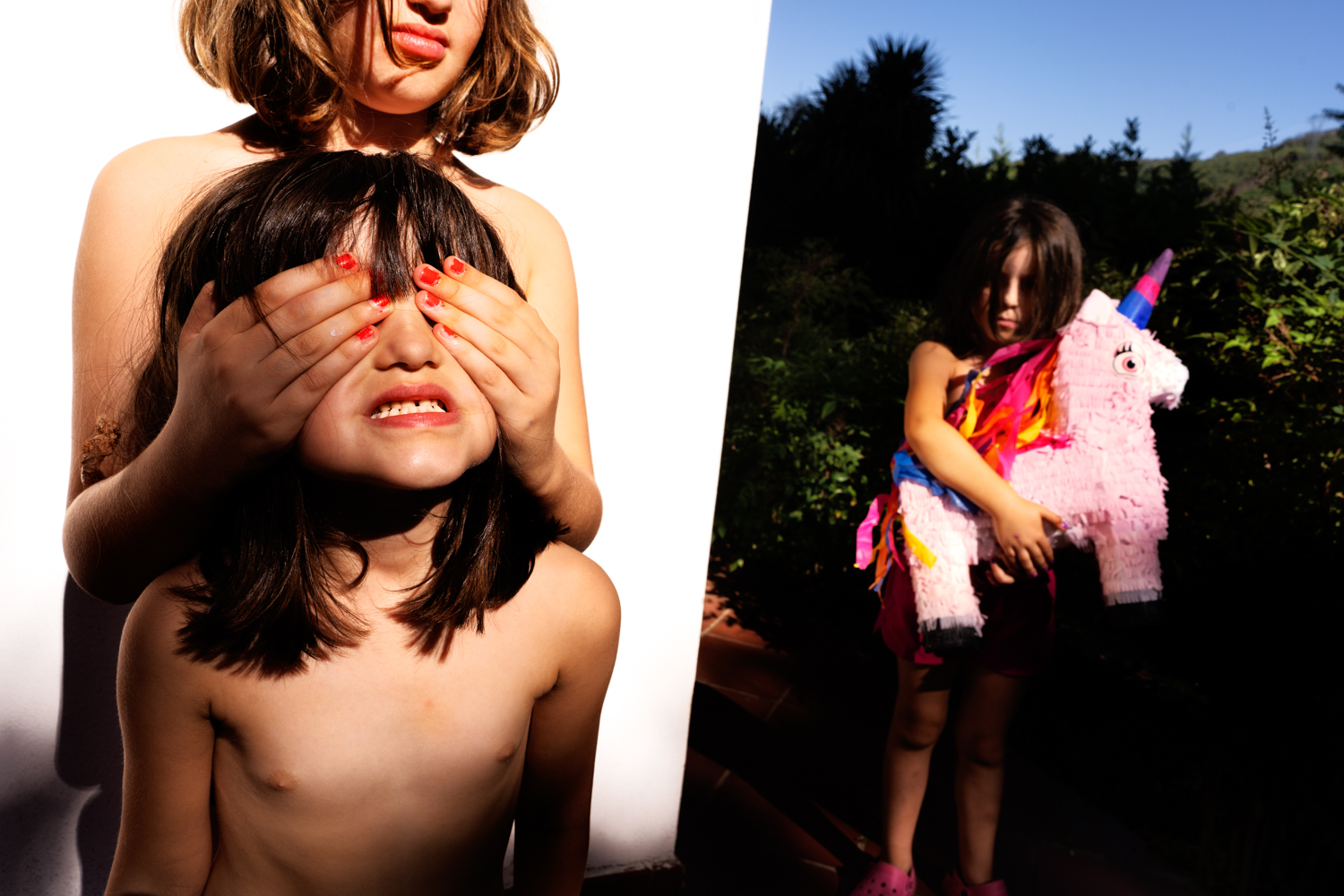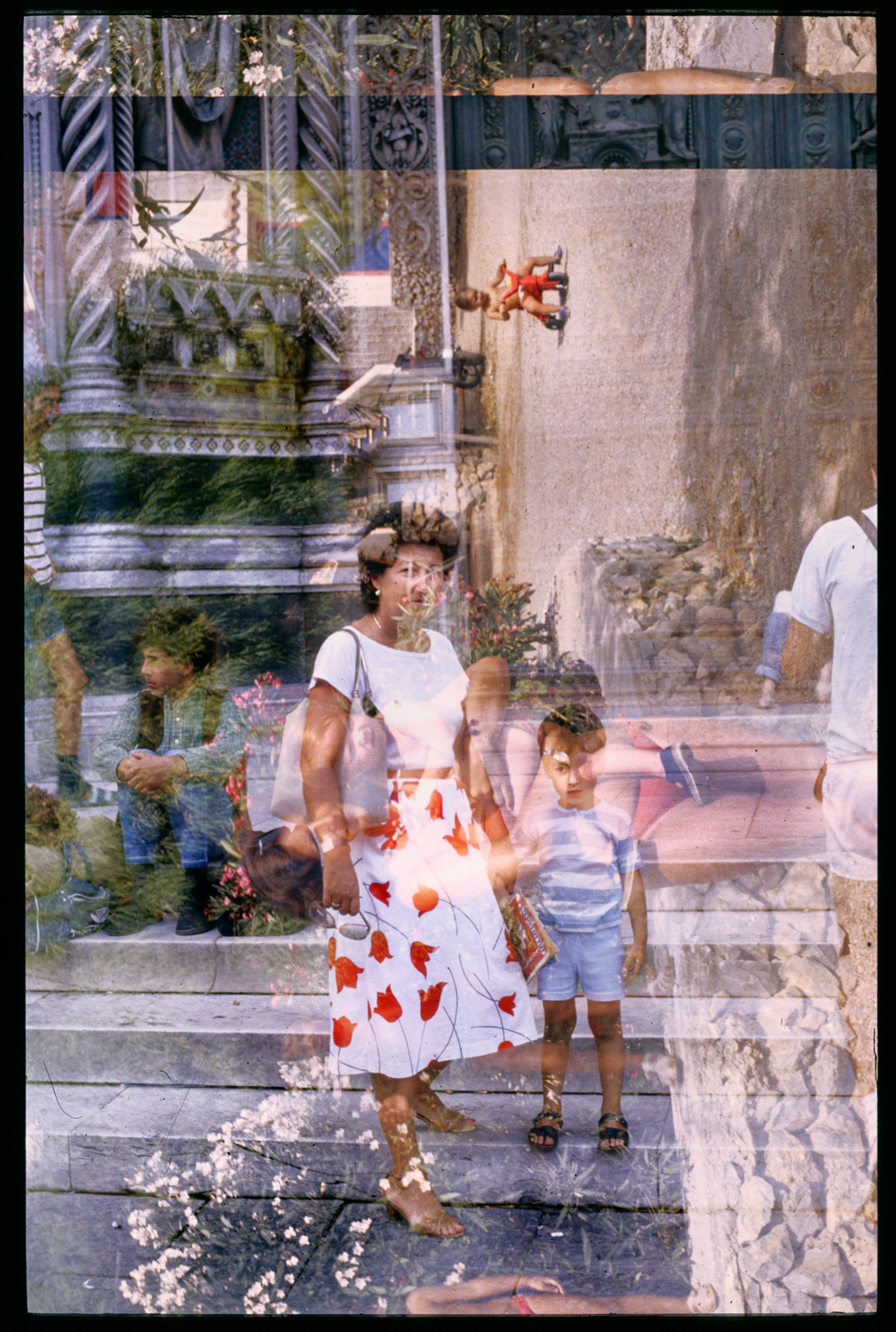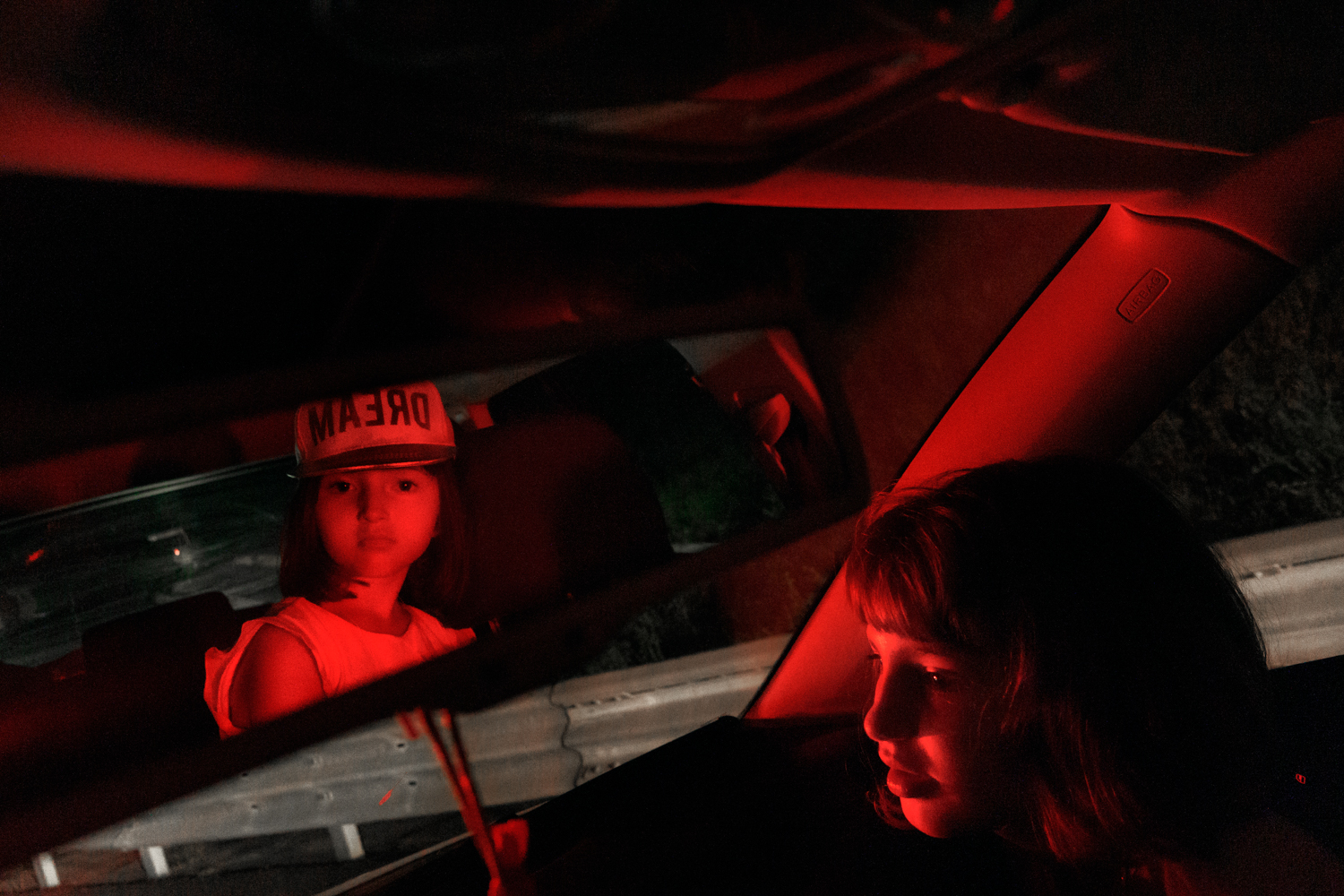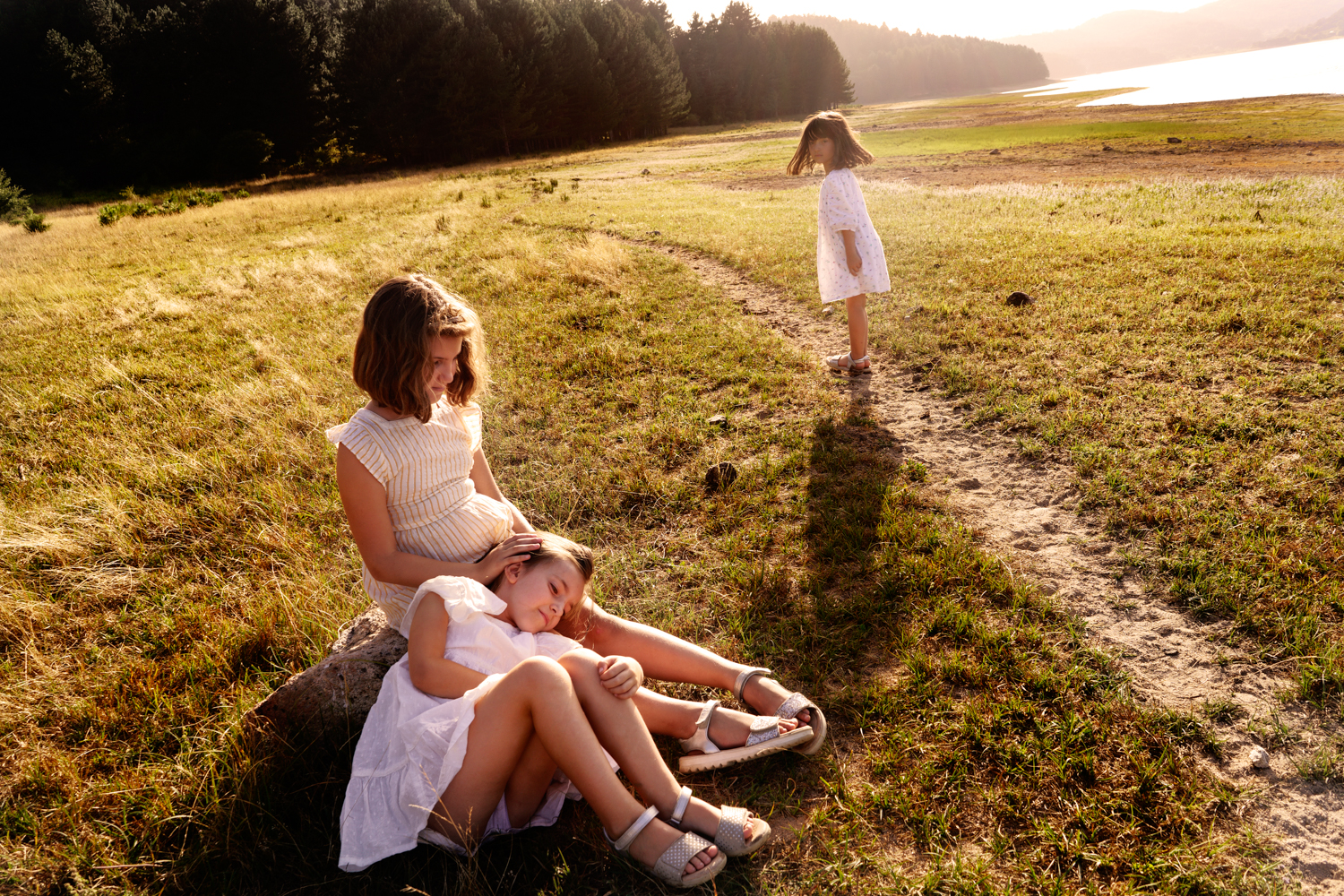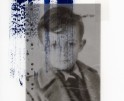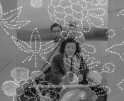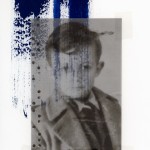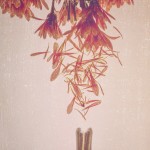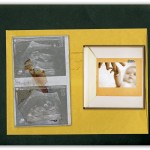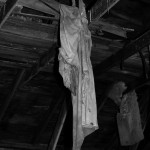Pierluigi Ciambra: Lullaby and last goodbye
This week we are looking at the work of artists who submitted projects during our most recent call-for-entries. Today, Pierluigi Ciambra and I discuss Lullaby and last goodbye.
Pierluigi Ciambra is a photographic artist based in Cosenza, Italy. Graduated in 2002 from the photography Program at the Istituto Europeo di Design (IED)in Rome, he later graduated in Theories and Practices of Anthropology with a thesis on Visual Anthropology entitled “Ethnophotography – Research with and on images”, at Università La Sapienza of Rome (2006). In 2013 he began a long-term project, which is not yet completed. In this project he aims to create a family diary in which he describes through photography, the growth process of his daughters, to report his family and relational dynamics, the creation of identities and their different personalities of his daughters. His work has been exhibited in galleries in Italy and Europe.
Lullaby and last goodbye will be published in April by the publisher 89books.
Follow on Instagram: @pierluigiciambra
Lullaby and last goodbye
In the summer of 1978, a few months after I was born, my father planted a Hibiscus tree in the garden of our house. He loved to tell me that it would grow as strong and lush as I did and that he would accompany me in my growth like a brother. When my father fell ill, I was nine years old. My mother had sent me to spend the summer with my grandparents in the Sicilian countryside and I remember well my impatience to see him again. When I returned to the city, he was waiting for me on the terrace of my house, from which I could see Mount Pellegrino and the sea of Palermo. Shortly afterwards, the illness would take him away, leaving an enormous void inside me as a child.
Some cardboard boxes in my study hold the memories of my childhood before his death. I owe it to my father to be able to relive them. He loved to capture with his camera the happy and carefree moments of our family. Through the photographs he took in the early years of my life, I had the opportunity to remember a joyful and carefree time, the feeling of being loved, the beauty and serenity on my mother’s face, a happiness in the air that all too soon vanished. When my daughters were born, I saw myself in him again. I understood his desire, indeed his need, to preserve the memory of those moments. So, I started to photograph them every day, rediscovering with them the magical purity of childhood. I wanted to preserve those moments, to make them live forever. Little girls grow up and discover a world that is uncontaminated in their eyes, and they do it with the freedom of those who unveil enormous mysteries without schemes and conjectures, with the instinctive ingenuity of childish curiosity, involving you in their fairy-tale reality. Telling their view of the world and, at the same time, laying bare my inner search and the process of reconciliation with my past are the motivations behind my photographic project. Embarking on this process has allowed me to retrace my history and my emotions and has led me to re-elaborate the trauma I have experienced, finally seeing it through different eyes. The discoveries, the simplicity, the light-heartedness of childhood, in my case, abruptly gave way to great fears, loneliness, deterioration of relationships with the people closest to me, starting with my mother. I took refuge in my inner world, protected and fantastic, to defend myself from reality and to alleviate the discomfort. But no fantasy could withstand the impact of reality. And the fear that the past will come back to haunt me gives rise to anguished thoughts. Could my daughters experience the same negative emotions that I did as a child? Maybe so, who knows. But by photographing them daily, I have discovered the strength of their character and the depth of the bond between them. The lens of my camera has brought to light personal and family dynamics that will make their journey unique and certainly different from mine. They will be three women free to write their own future.
Daniel George: You write that this project is informed by your father’s practice of photographing your family and that you began the daily practice of photographing your daughters shortly after their birth. Could you talk more about those early motivations to make these images? Has this drive changed at all over time?
Pierluigi Ciambra: Lullaby is a long-term project that started with the birth of my first daughter, Giulia.
I think it is natural for a parent, especially if they are passionate about photography, to turn their camera, their gaze, towards their children. Initially, I had no design goal. My only aim was to create a family diary based on the simple visual narration of our everyday life.
More or less unconsciously I imitated my father. He loved to capture our family’s happy and carefree moments with a camera. When my daughters were born I saw myself in him, taking pictures of our best moments. I understood his desire, indeed his need, to preserve the memory of those moments.
As time went by, my outlook began to change, it became deeper. I began to realise that it was no longer enough for me to celebrate the beauty of the family alone, to create ‘souvenir photos’ to preserve individual moments to be remembered with joy.
I felt the need to create a more complex narrative. I felt the need for a narrative where the various nuances of our lives were present. If photography also serves as an answer to one’s questions, then through it I began to focus on the unresolved conflicts that I carried within me and that resurfaced as I watched my daughters grow up.
What had my childhood really been like, what memories remained with me? How did this relate to my daughters’ childhood? Looking for the answers, my photograph became a mirror of my soul. It transformed me.
Revisiting my father’s photographic archives and “listening” to my daughters, entering their world, exploring it with the intention of getting to know it and finally crystallising it through photography, transformed my view of them and the project.
DG: I am interested in how the narrative of your images alternates between the light-heartedness of childhood cognisance and the looming cruelty of reality. Why did you feel it was important that your photos possess this distinct portrayal of youth?
PC: Because Lullaby is not a classic visual diary that only describes our everyday life. Lullaby and last goodbye is an autobiographical work in which I deal with the experience of mourning and its reworking and acceptance through photographic research, and in which I wanted to represent my childhood, filtered through restless and cracked memories, and my daughters’ world, carefree and unspoilt.
DG: As this work deals with your daughters and “telling the perspective of their world,” how did they participate in the creation of these images aside from being in front of the camera?
PC: As I said, Lullaby and last goodbye is a long-term project. Over time, my way of photographing my daughters has changed as well as their attitude towards photography. A kind of complicity has now developed between us.
We revisited the pictures my father took together, discovered our family history together, understood the importance of the project and became co-authors and accomplices.
In the project, which has now become a book, I wanted to include, in addition to my own point of view, archive images of my father, drawings and texts written by the girls, to create a narrative that would best define the story I wanted to show.
DG: In what way do you feel these photographs will help your daughters “write their own future?”
PC: I am not certain that these images will change their future. They will certainly help my daughters to remember and relive the magic of their childhood and allow them to understand my past, my pain and the fears that arise after the disappearance of a father. I hope that through this project they will get to know my innermost and deepest feelings.
They will understand my view of them and how much love I used to look at them. I dare say that observing them on a daily basis changed me. Thanks to them I questioned my point of view, dug into my memory, and faced my suffering and fears.
By photographing them on a daily basis, I realised their strength stemmed from their character and togetherness, I realised how profoundly different they are from me and this gave me hope.
DG: In your statement, you mention your father’s passing. Then you say, relating to items from your childhood, that you “owe it to [your] father to be able to relive them. Tell us more about this theme as it relates to the photographs of Lullaby and last goodbye.
PC: My father bequeathed me many family albums. My parents photographed the happy moments of their lives. Many of these photographs were relics of the past about which I knew little or nothing. I spent a lot of time looking through them with my mother and daughters to try to reconstruct the events and recognise places and people. This allowed me to revisit the places of my childhood hidden in my memory, to retrace my history and relive my emotions, and to relate my childhood to that of my daughters. While looking at the photographs taken by my father, I regained awareness of my relationship with my parents and became aware of how my childhood was not as glossy and limpid as the one described in them.
Both my father and I wanted to preserve and pass on the memories of our loved ones, but with his vernacular pictures, my father wanted to create a visual diary to remember life’s good times, and with my photographs I wanted to go further.
I wanted to capture the magical elements that appear in the girls’ everyday life, to turn my daughters’ bodies into memories, their existences into eternal and immortal icons, to create metaphorical images, staged events useful for retracing steps and exorcising death.
Posts on Lenscratch may not be reproduced without the permission of the Lenscratch staff and the photographer.
Recommended
-
Martin Stranka: All My StrangersDecember 14th, 2025
-
Interview with Maja Daniels: Gertrud, Natural Phenomena, and Alternative TimelinesNovember 16th, 2025
-
MG Vander Elst: SilencesOctober 21st, 2025
-
Photography Educator: Josh BirnbaumOctober 10th, 2025
-
Aiko Wakao Austin: What we inheritOctober 9th, 2025

